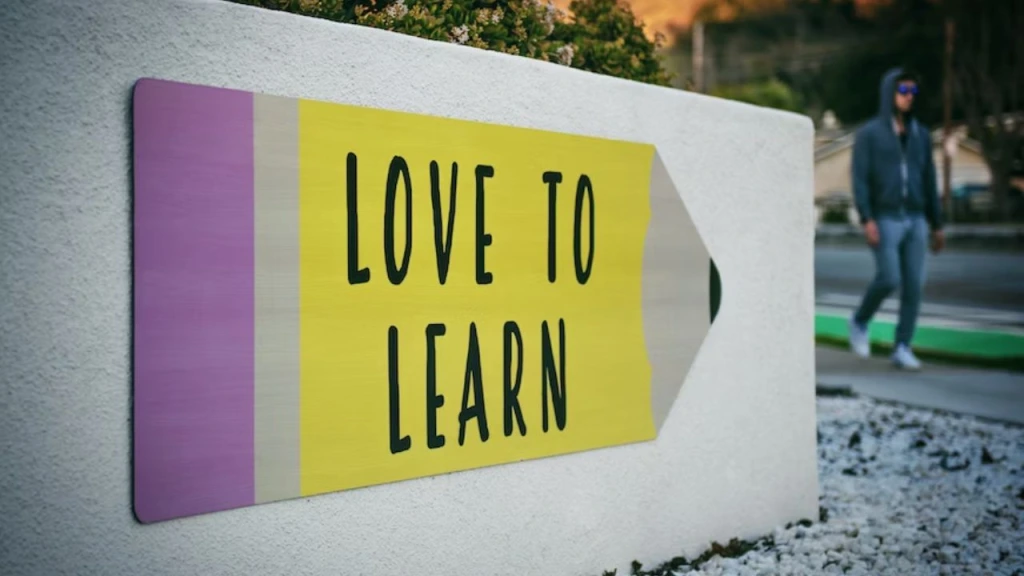To lead a happy and meaningful life, one must pursue personal development and transformative education. In these procedures, empowerment, self-awareness, and mindfulness are all developed. Being mindful is paying close attention to your environment and being totally in the moment. Self-awareness is the capacity to identify one’s own thoughts, feelings, and behaviors; empowerment is the process of gaining self-assurance and assuming control over one’s life – transformational learning or transformational or transformative learning.
Being attentive is one of the key components of personal development. By increasing one’s awareness of thoughts and feelings, mindfulness can help people become more clear-headed and focused. By engaging in mindfulness exercises, people can learn to control their stress and anxiety as well as build their resilience. As it encourages greater interaction and greater connections with others, mindfulness can also improve one’s relationships as transformational learning.

Growth Towards Transformational Learning:
The practice of leveraging personal growth to alter one’s viewpoint and worldview is known as transformational learning. Challenges to one’s beliefs and presumptions as well as embracing new ways of conducting oneself may be necessary for this. When people learn to view the world from new perspectives and gain a deeper understanding of their purpose and meaning, transformational learning can be an immense and life-changing experience.
There are numerous approaches to encourage transformational learning and personal growth. Another vital component of human development is self-awareness. Being self-aware enables people to become aware of their own virtues and flaws as well as areas in which they might grow. People may gain insight to be more reflective and make wiser decisions by becoming aware of their own thoughts and behaviours. As people become more sensitive to the needs and feelings of those around them, self-awareness can also result in a greater capacity for empathy and compassion.
Empowerment:
The process of gaining self-assurance and assuming personal responsibility is empowerment. This entails establishing objectives, making plans to achieve them, and speaking up for one’s own requirements and interests. Empowerment can be difficult because it frequently entails taking chances and moving beyond one’s comfort zone. Due to the fact that people feel more independent and in charge of their own life, it may also be immensely gratifying. Goal-setting and self-advocacy can also help to create empowerment. Individuals can gain a sense of control and mastery over their own life by establishing specific goals and taking action to accomplish them including transformational learning. Standing up for one’s individual wants and interests are known as self-advocacy, and it may be a very effective way to increase self-assurance and self-esteem.

Mindfulness:
Mindfulness, meditation is one of the best strategies. In mindfulness meditation, one sits still, concentrates on their breath, and pays attention to any ideas or feelings that come to mind. People who engage in this practice over time may become more aware of their thoughts and emotions as well as more resilient and able to control their emotions. Regular self-reflection is another strategy for fostering personal improvement. Writing in a journal, speaking with a dependable friend or mentor, or getting input from others can all be part of this. People can obtain more understanding of their own thought processes and behaviors and can spot areas for development by reflecting on their experiences and feelings in the path of transformational learning.
Four houses (transformational learning) of Mindfulness:
- Mindfulness of the Body
- Mindfulness of Feelings
- Mindfulness of Mind
- Mindfulness of Dhamma
Self-Awareness:
Competency frameworks are being created and implemented in the context of sustainability education by an increasing number of academics. Despite the considerable attention- transformational learning, the majority of the research hasn’t taken into account the various definitions of competency, which can refer to both a performed ability and personality development. Recently, UNESCO—the United Nations Educational, Scientific, and Cultural Organization—suggested that self-awareness be a key sustainability capability of transformational learning. Humans are diverse and complex. People need to learn more about themselves in order to become more self-aware. Personality traits, values, routines, feelings, and psychological requirements that motivate our actions are important areas for self-awareness. Self-awareness aids in identifying management skill gaps, which encourages skill growth in management.
The Four Aspects of Self-Awareness – transformational learning
- Being conscious of what people are saying and thinking about you. Being aware of your impact on other people is the first aspect of self-awareness.
- The Consciousness of Your Own Self-Talk and Self-Evaluations.
- Being aware of who you really are.
- Understanding of Your Ideal Self.
Mindfulness unwinds the stress: A connection towards transformational learning
You become receptive, you are provoked less frequently, and, if an emotional hijack does occur, you overcome faster. These are outcomes that are evident pretty much right away, but they get stronger as you continue to practice, let’s say you do a daily mindfulness session. Self-awareness, the capacity to successfully control one’s behavior (self-regulation), and a healthy interaction with others that goes beyond self-focused demands and enhances prosocial traits are all aspects of mindfulness. Mindfulness is described as systematic mental training- as transformational learning.
By receiving an education and being exposed to novel concepts and situations, transformational learning can be facilitated. Reading books, going to lectures or seminars, or seeing new places can all be part of this. Individuals can test their own beliefs and narrow their worldviews by exposing themselves to various ideas and modes of thought.
Conclusion:
Personal development and transformational learning are, ultimately, ongoing processes that demand dedication and effort. A better sense of fulfillment, objective, and joy in life can result from these processes, yet they can come with enormous rewards. An individual may take charge of their lives and design the life they actually want by cultivating mindfulness, self-awareness, and empowerment.



